Agile Programme Management (AgilePgM®) offers a programme management approach that provides the governance and rigour along with the agility and flexibility organizations demand.
AgilePgM provides programme managers with a disciplined but flexible agile approach to the management of transformational organizational change, allowing for iterative and incremental delivery of outputs and benefits.
Agile Programme Management (AgilePgM®) provides a full programme management framework that can easily fit with existing programme management methods, or it can be used stand-alone.
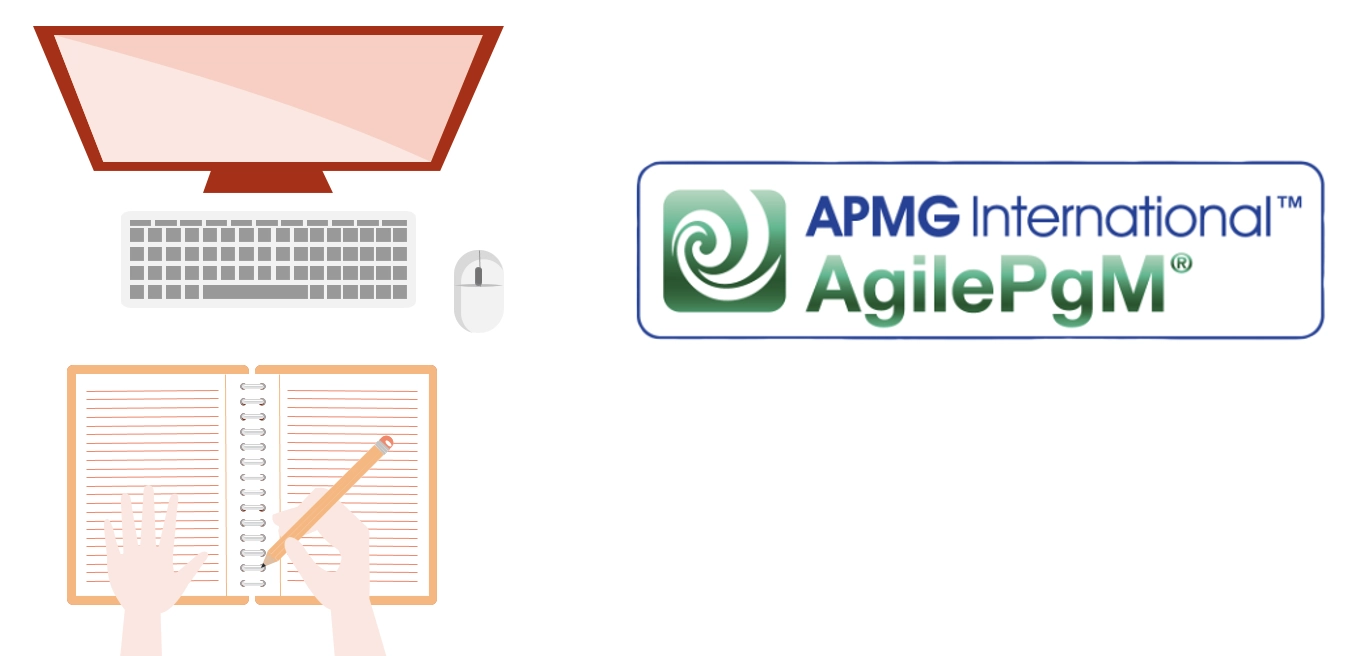
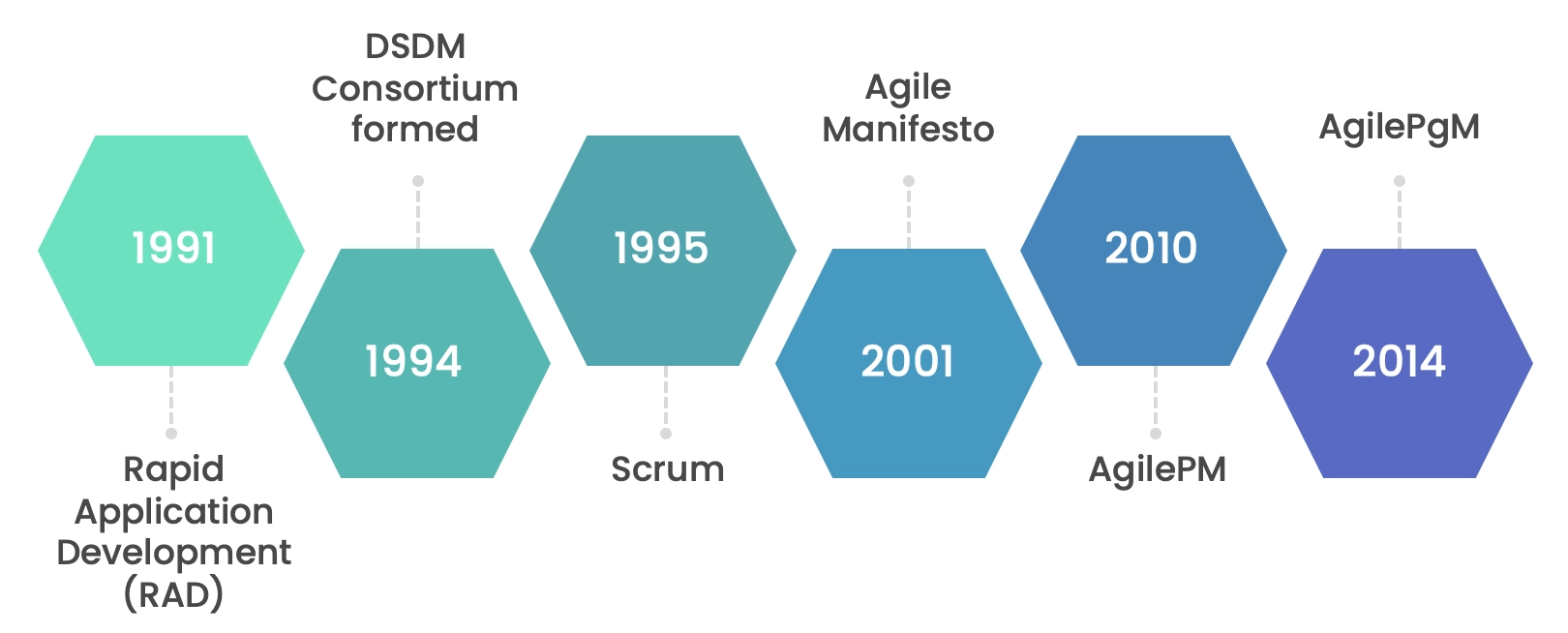
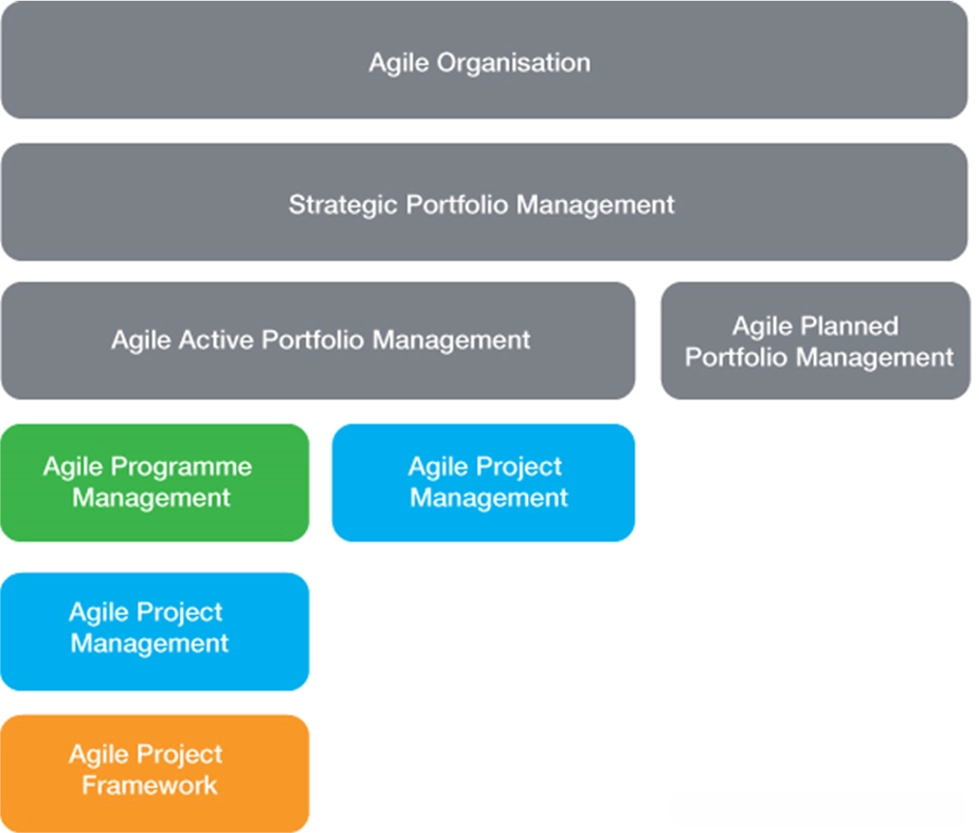

We are uncovering better ways of developing software by doing it and helping others do it. Through this work we have come to value:
| Individuals and interactions | Over | processes and tools |
|---|---|---|
| Working software | Over | comprehensive documentation |
| Customer collaboration | Over | contract negotiation |
| Responding to change | Over | following a plan |
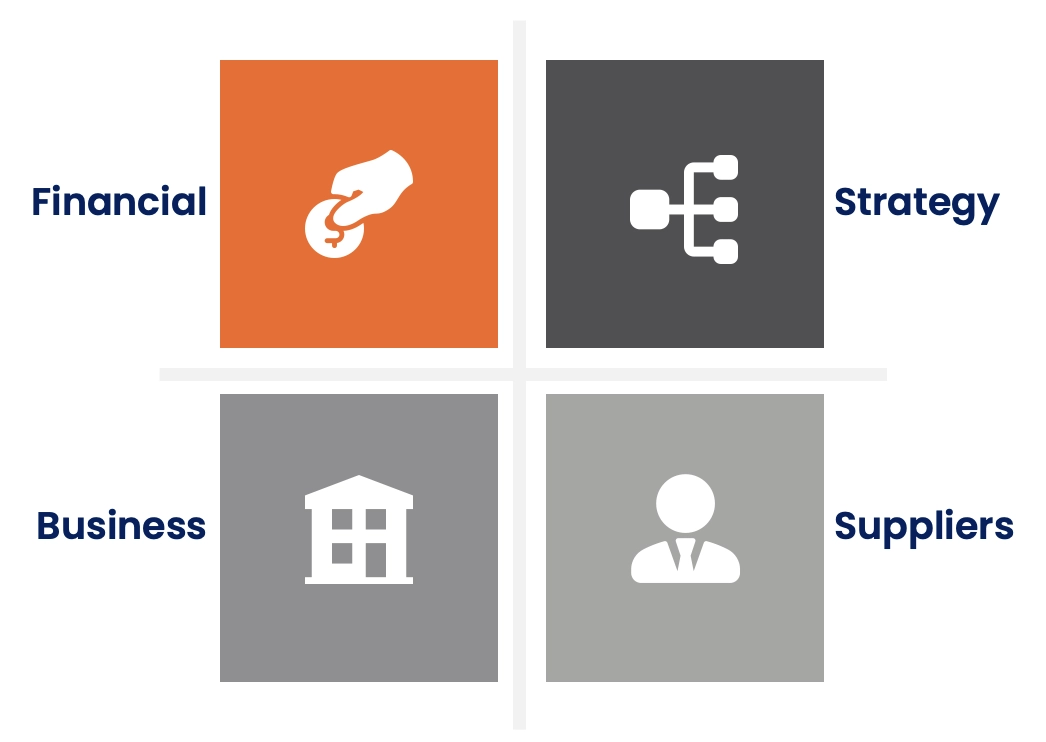
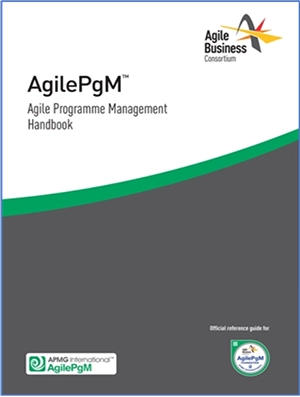
Brings together all elements of a programme in an Agile context:
A complete framework for successful Agile Programmes.

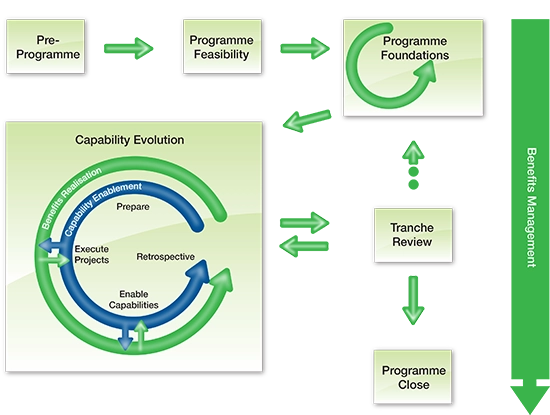
DSDM based AgilePM framework is based on following recommended organisational structure:
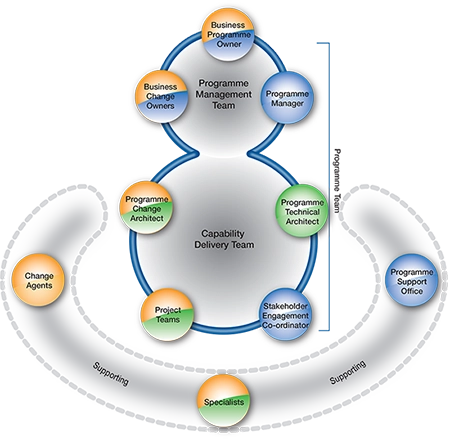


Agile Programme Management (AgilePgM) certification trainings are provided by APMG International's Accredited Training Organizations (ATOs) across the globe. Tecknologia is also an APMG Accredited Training Organization (ATO) offering Agile Programme Management certification trainings across the globe and in various formats.
| Certification Level | Course Duration | Certificate Valid for |
|---|---|---|
| AgilePgM Foundation | 2 Days | Lifetime |
Click on the link for certification level to explore the exam details.

Agile Programme Management (AgilePgM®) offers a programme management approach that provides the governance and rigour along with the agility and flexibility organizations demand.
Prices vary depending on the mode of delivery, location, deliverables and the quality of training delivery. Typically Agile Programme Management online training costs between £1400 and £2200.
AgilePgM pass marks remain 25/50 (50%). Kindly note that there is only foundation level for ٓAgilePgM and no practitioner level as yet.
Agile Programme Management (AgilePgM) qualification has helped tens of thousands of professionals globally enhance their skills and achieve their professional ambitions. Professionals holding AgilePgM accreditation stand a better chance of being invited for an interview and definitely stand a better chance being offered a role afterwards.
AgilePgM can be a very valuable addition to the list of professional Agile qualifications and accreditations which can help achieve professional growth within organisations, without a need to switch jobs/ employers.
Agile Programme Management (AgilePgM) has been, in the past, and is very much relevant today. Agile believes in being nimble and flexible and so does AgilePgM which provides certified practitioners an added advantage over the crowd.
Programme Management itself is not ideal for beginners. However, it is still a good choice for beginners who aim at pursuing a career in PPM domains and related disciplines. Having AgilePgM qualification early in the career can play the role of a catalyst when it comes to climbing the professional ladder.
While Agile Programme Management (AgilePgM) foundation exam is relatively hard, it is not rocket science and anyone with correct level of attention, training and devotion can definitely achieve success in the exam.
Agile Programme Management (AgilePgM) foundation pass rate (across the market) remains around 90% globally, in first attempt. Tecknologia takes pride in maintaining 99.5% pass rate so far (May 2024).
It is absolutely possible to achieve AgilePgM exam success while relying on self study. However, high quality AgilePgM training can accelerate the process, along with exam success probability, for sure.
Agile Programme Management (AgilePgM) foundation certification is considered to be professional qualifications only. These qualifications are widely recognised and sought after globally, however, they are not the same as a college or university degree. Some quarters believe that AgilePgM foundation qualification is equivalent to UK NQF 5/6 - Tecknologia has no grounds to confirm this.
There is no negative marking in AgilePgM exams. No marks are deducted for a wrong answer.
Agile Programme Management (AgilePgM) foundation certifications has no expired date. Candidate do not need to retake the exam at all.